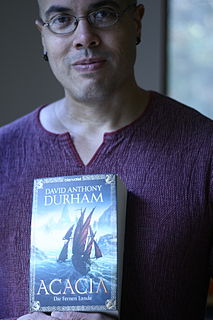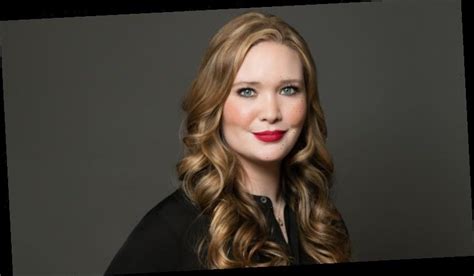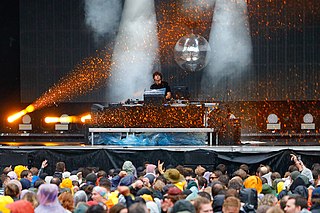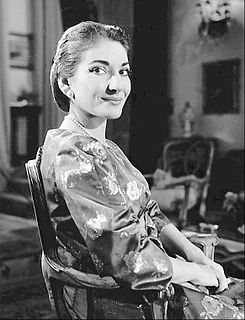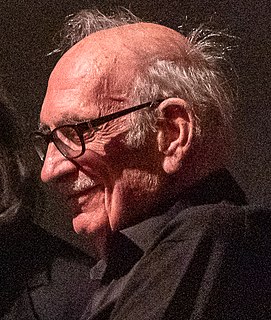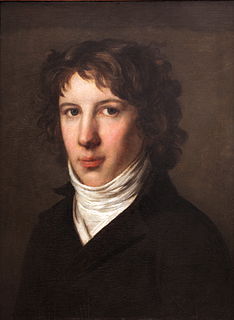A Quote by David Anthony Durham
Related Quotes
It is my eyes which see, and the sight of my eyes grants beauty to the earth. It is my ears which hear, and the hearing of my ears gives its song to the world. It is my mind which thinks, and the judgement of my mind is the only searchlight that can find the truth. It is my will which chooses, and the choice of my will is the only edict I must respect.
People probably have different philosophies about this, but I think that when you're first shaping the play and trying to find a character, the initial actors that develop it end up imprinting on it - you hear their voices; you hear their rhythms. You can't help but to begin to write toward them during the rehearsal process.
What [Tulio Serafin] said that impressed me was: "When one wants to find a gesture, when you want to find how to act on stage, all you have to do is listen to the music. The composer has already seen to that." If you take the trouble to really listen with your soul and with your ears - and I say soul and ears because the mind must work, but not too much also - you will find every gesture there. And it is all true, you know.
A human body can think thoughts, play a piano, kill germs, remove toxins, make a baby all at once. Once it's doing that your biological rhythms are actually mirroring the symphony of the universe because you have circadian rhythms, seasonal rhythms, tidal rhythms you know they mirror everything that is happening in the whole universe.
It is raining and you can hear the pattern of the drops. You can hear it with your ears, or you can hear it out of that deep silence. If you hear it with complete silence of the mind, then the beauty of it is such that cannot be put into words or onto canvas, because that beauty is something beyond self-expression .
Fame is an empty noise. Let us put our ears to the centuries that have gone: we no longer hear anything; those who, at another time, shall walk among our urns, shall hear no more. The good - that is what we must pursue, whatever the price, preferring the title of a dead hero to that of a living coward.
